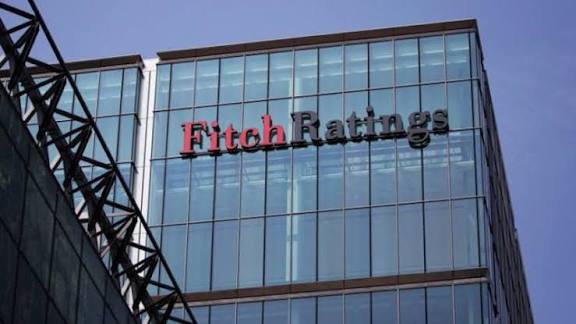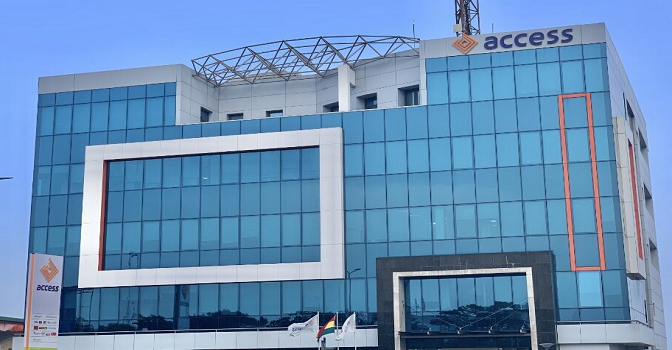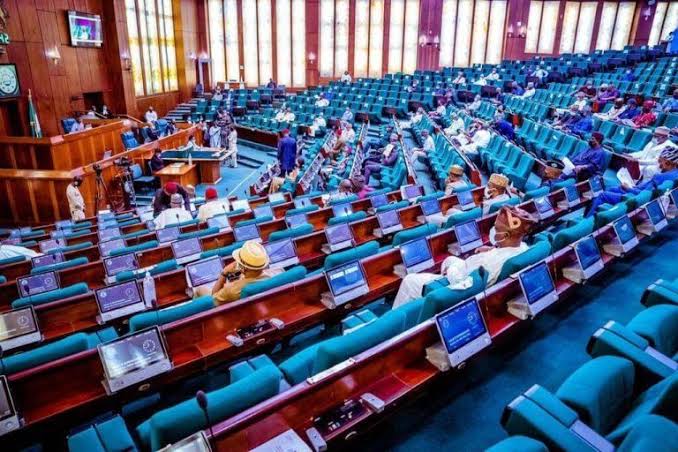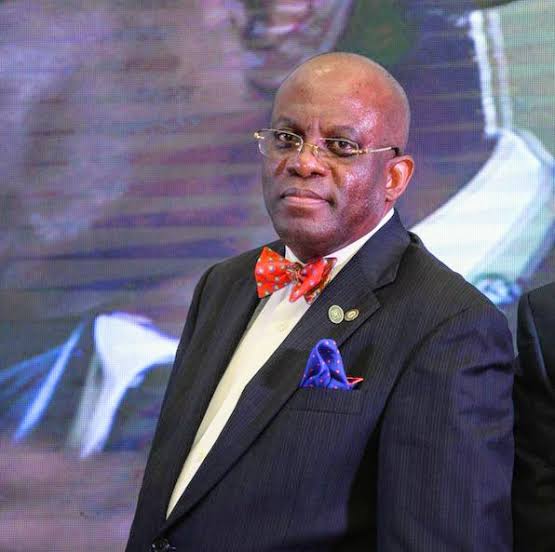The Managing Director/CEO, Financial Institution Training Centre (FITC) Dr. Chizor Malize, has said that Environmental, Social and Governance (ESG) is central to economic competitiveness, institutional resilience, and national transformation.
Malize made this declaration yesterday in Lagos in her welcome address at the opening of the “FITC Sustainability and ESG Conference 2025” with the theme “Building a Prosperous Future: Unlocking Growth Opportunities Through Sustainability and ESG Innovation.”
She highlighted that firms with strong ESG fundamentals enjoy up to 20% lower cost of capital
Malizee said: “It is with immense privilege and deep strategic intent that I welcome you to the inaugural FITC Sustainability and ESG Conference 2025, which is a seminal gathering at the intersection of purpose, policy, and performance.
“Today, we are not merely convening an event, we are activating a movement. A movement rooted in the conviction that sustainability and ESG are no longer peripheral disciplines, but central levers of economic competitiveness, institutional resilience, and national transformation.
“Our theme, ‘Building a Prosperous Future: Unlocking Growth Opportunities Through Sustainability and ESG Innovation,’ speaks not only to a moral imperative but to a compelling economic thesis.”
Malize said that the integration of ESG is fast becoming the global standard for how forward looking institutions create long-term value—balancing profit with purpose, growth with equity, and innovation with integrity.
“At FITC, our legacy as a knowledge institution has always been underpinned by our commitment to strengthening leadership, governance, and institutional effectiveness.
“Today, we extend that mandate further—championing the ESG agenda as a transformative instrument for sustainable development, inclusive capital flows, and systemic innovation—particularly within Africa’s dynamic and evolving context,” she said.
Malize added that the sustainability and global prosperity that we aspire to is not a future event but a present imperative and “it begins here. It begins now. It begins with all of us.
“Let us rise to the moment and shape a future worthy of our highest ideals and prosperous for everyone!”
In his keynote speech, a Professor of Law and Senior Advocate of Nigeria, Professor Fabian Ajogwu, of the Kenna Partners, said that ESG has become a strategic necessity, with its overall importance influenced by multiple factors that allow for a comprehensive assessment of a company’s value, evaluating its environmental impact, social relationships with employees, consumers, and stakeholders, and its dealings with regulators.
Ajogwu described ESG as “an acronym for Environmental, Social, and Governance Factors. At its core, ESG represents the principle that businesses and investors should identify and consider environmental, social, and governance factors when making decisions.”
He said that companies that perform well in ESG can notably increase their value, competitiveness, and performance by effectively managing risks, anticipating regulatory changes, and adapting easily to market shifts.
He added that investors and lenders are increasingly integrating ESG factors into their financial analysis and investment decisions, which limits funding options for companies that fail to meet ESG standards.
According to him, “adopting good ESG practices can provide access to ‘green funding’ for projects and enterprises, strengthen a company’s credit rating, and improve its standing in global debt markets.
“Ultimately, the benefits of ESG compliance, reporting, and integration are numerous, and a company that takes these seriously contributes not only to its own sustainable growth but also to the development of the wider national economy.”
Ajogwu also said that ESG is not merely about reporting; it involved the fundamental implementation and embedding of ESG practices and values throughout an organisation’s culture and activities.
“It is a strategic and operational framework that guides a company’s strategy, operations, and activities, and helps assess its impact on the environment, customers, stakeholders, and broader society,” he said.
In her goodwill message, the Chief Execurive Officer of Impact Investors Foundation, Ms. Etemore Glover, said that businesses are navigating complex challenges such climate instability, demographic shifts, digital disruption, and widening inequality that cannot be solved by incremental change because they demand a bold reimagining of growth in a manner that marries profit with purpose.
Glover, however, made it clear that sustainability would not finance itself, and is therefore must be intentionally designed along with patient capital and incentives.
She said: “We need financial instruments that serve people and planet, not just profits. And we need the private sector fully engaged, not as observers, but as builders of solutions.”
The good news, according to her, is that “we are already seeing what is possible.”





